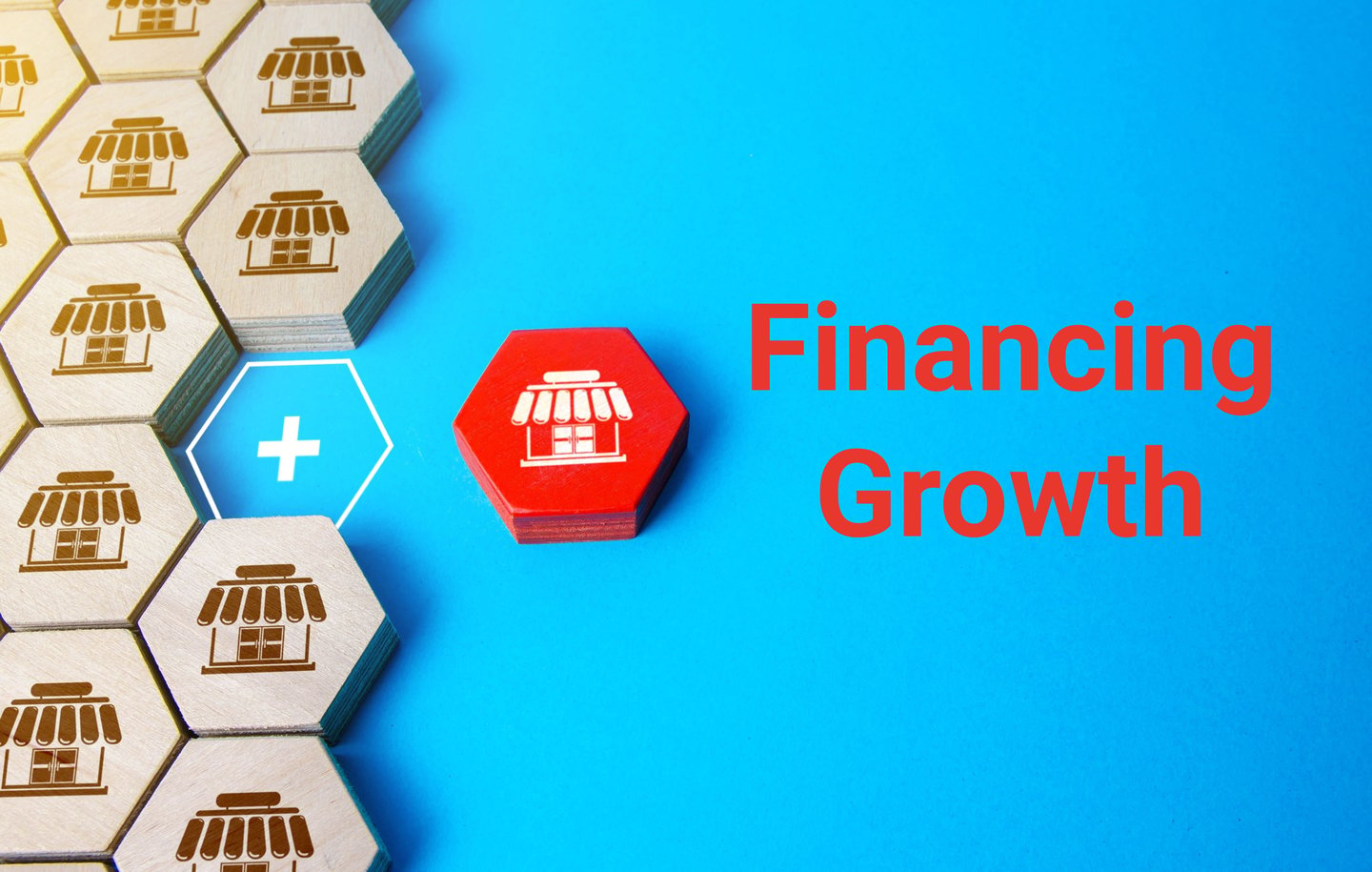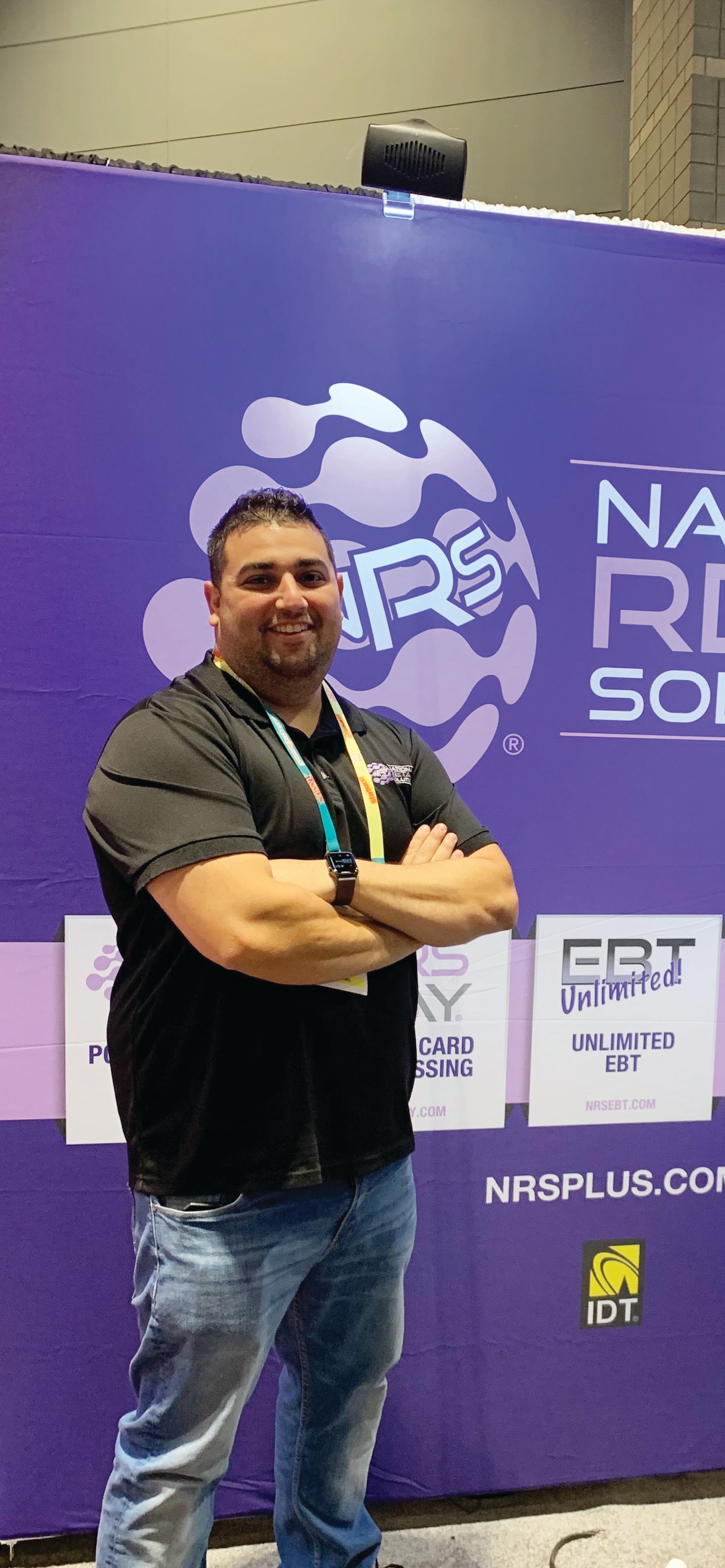Ready to invest in your business to grow your business?
Having weathered the pandemic storm, the c-store sector sees clear skies for growth, such as in Ontario where stores are gearing up to sell beverage alcohol this fall, to heightened customer expectations nationwide of c-store foodservice.
Of course, setting up a business for growth often takes upfront investment. In the case of alcohol sales, that includes renovations, new refrigeration, liquor licenses, advertising and marketing, as well as employee training.
While most big chains have deep pockets and can take advantage of economies of scale, smaller operators—independents with one to 50 stores—can turn to smart strategies and resources to compete.
“What I suggest is independents look at what the big chains are doing and ask, ‘How can we do the same or similar on a smaller scale?’” says Marty Weintraub, partner, national retail leader at Deloitte. “That means looking at your capital position and seeing what you can do with the resources you have to address market shifts. Because the fact is, being complacent and admiring the problem isn’t going to get you anywhere or keep you relevant to customers.”
Loan star: Experts suggest this loan program for small businesses needing capital
Over the 10-year period ending in 2022, small businesses received over 53,000 loans totalling $10 billion from the Canada Small Business Financing Program (CSBFP).
The government program (operated by Innovation, Science and Economic Development Canada) helps businesses with $10 million in gross annual revenues or less secure loans from financial institutions by sharing the risk with lenders, including Canada’s major banks.
Through the program, subject to the borrower’s qualification, the CSBFP backs up to 90% of a loan amount.
In addition to being less of a risk to the borrower, Nilesh Dalwadi, broker of record at BizPro Realty Inc., who has worked with several c-store businesses, says this dramatically reduces a c-store owner’s personal financial risk.
“If things don’t work out as expected because of any unforeseen circumstances, the government guarantees 85% of the loan amount,” he says. “That means by paying off the small personally guaranteed portion of the loan amount, the borrower and their shareholders don’t harm their personal credits.”
The CSBFP introduced changes in summer 2022. The maximum loan amount was increased from $1 million to $1.15 million, with up to $500,000 of that available for purchasing leasehold improvements or improving leased property and purchasing or improving new or used equipment. Up to $150,000 can be used for intangible assets and working capital costs.
Repayment of CSBFP term loans can extend to 15 years and the maximum interest rate is prime + 3%. With room for negotiation based on credit score, Dalwadi says that’s a better deal than most lenders can get with a traditional bank loan, which he calls “very difficult and rare for a business.”
Where Weintraub is seeing investments being made in the sector is towards a “merchant mindset.” This includes identifying and sourcing product customers need rather than be strictly dictated by what vendors want displayed; store reconfiguration and new equipment to accommodate expanded food and beverage options; and customer service staff training.
There is a government-supported loan product specifically for SMEs (see sidebar). Suppliers of equipment also offer flexible financing options (see “Strategic partners” sidebar below).
However, expanding your business without taking out a loan is possible by reinvesting profits. But it takes patience, prioritization of what will benefit the business in the short and long-term, as well as relationship-building.
Just ask Jamie Arnold, the former president of Little Short Stop Stores in southwestern Ontario, which in June was acquired by MacEwen.
READ: MacEwen acquires Little Short Stop Stores
CSNC spoke to Arnold prior to the sale, however his insights are still valuable for other retailers.
He shared how his father, Paul Arnold, who had operated a tobacco wholesale company, formed Little Short Stop in 1967, when he took over four c-stores in Kitchener as payment from a debt from one of his customers.
“My father hated debt and paying interest. And so, he instilled in me that the business should grow organically,” says Arnold. “We only invested through operations and cash flow.”
Arnold stresses the importance of “relationship-building. It’s important to get to know real estate agents and developers and equipment manufacturers—we were in a small geographic area, and so it helped us keep a fairly tight rein on what’s going on in the area by having cultivated those relationships.”
Strategic partnerships
Vendors can also be a source of financing solutions
When considering avenues to fund strategic investments and grow your business, vendors, from equipment suppliers to technology solution providers, often have financing divisions or a partnership with a financial services company.
Financing is also typically negotiable, as vendors servicing independent c-stores are looking to build long-term relationships with owners.
TFI Food Equipment Solutions has for years partnered with Econolease (a leading foodservice equipment financing company) to help independents invest in foodservice. This includes commercial-grade self-service coffee machines, such as the Franke A1000, a “barista in a box” that can make up to 300 cups of both coffee and espresso-based beverages per day.
Providing both loans. as well as leases to own equipment, Econolease offers repayment terms with TFI between two and four years.
“They have very favourable lease terms,” says Judi Saliba, senior sales executive at TFI, who compares the lease of coffee machine equipment to that of a vehicle. “A high-quality coffee machine is a big investment like a car. And while additional horsepower increases the price of a car, the cost of a coffee machine rises based on better features and capabilities. But you own it without having to pay the entire cost upfront at the end of your lease.”
Fortunately, the analogy only goes so far. “A car doesn’t make you money, whereas a state-of-the-art coffee machine can by helping support a good coffee program,” notes Saliba. She adds that “30 coffee cup sales per day would cover the cost of the monthly lease payment—and then some.”
Investment in digital POS systems can also pay for itself over time by speeding up checkout and efficiently monitoring sales, inventory and customer transactions. Accurate reporting makes accounting reconciliation painless. State-of-the-art register technology also enables merchants to analyze advanced data reports to pinpoint customer buying behaviours and be prepared with correct orders to avoid overspending and overbuying.
But the hardware is still a big upfront investment. Newark, N.J-based National Retail Solutions, which this year expanded its POS network into Canada, offers stores an advance to pay for its user-friendly merchant touch screens with customer-facing displays, in exchange for a percentage of future credit card sales.
The two go hand-in-hand, since NRS’s POS solution integrates credit-card processing. “We don’t have any worries about not getting paid, because we oversee the processing, and it also enables us to give independents a loan, improving their cash flow,” says Shariff Khowessa, regional channel sales manager (including for Canada) of NRS. “And so instead of having to pay $3,000 or $4,000 a month on a bank loan, for instance, repayment might be $100 a day directly from their credit card sales.”
Khowessa adds that tailoring payment solutions to the individual owner is about relationship-building, especially given NRS is new to the Canadian market. “We want to make sure owners have access to funds to invest in their business, because not only do we have POS systems we can also build e-commerce capabilities for them,” he says, adding NRS funding also offers fast business cash advances of $2,500 to $500,000 for stores looking to upgrade their systems, renovate, invest in inventory and more. “We want to be a one-stop shop for independent c-stores. At NRS, we not only help the independent retailer survive, but we help them thrive.” CSNC





